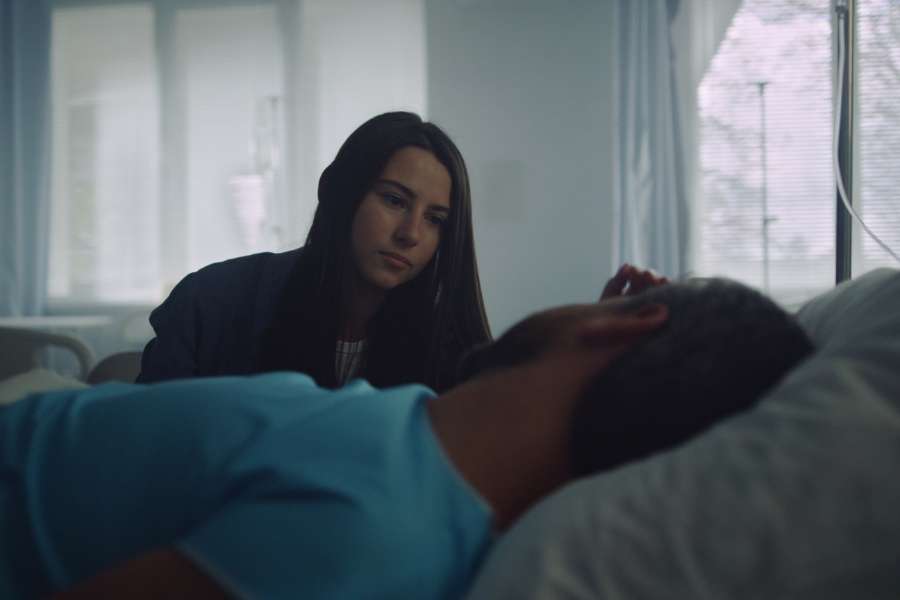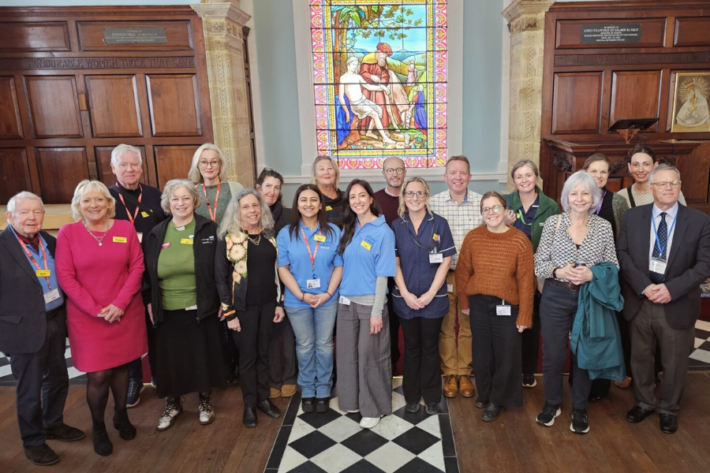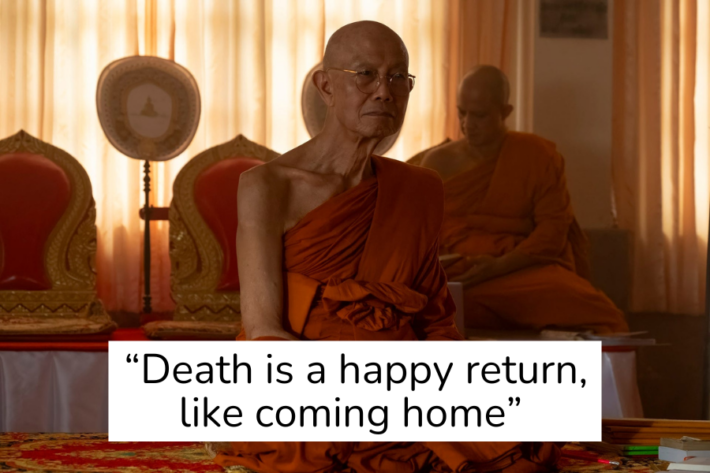Is hearing the last sense to go?

Ambassador, Jo Corscaden has enjoyed a long career in nursing, midwifery, and end of life care, she believes that hearing is the last of our senses to go before we die.
“I really believe that a person can still hear, even if they appear to be asleep or unconscious in their final hours. Hearing a familiar voice or sound can bring even the smallest flicker of movement to a person’s body or face. I’d like to share a couple of personal case studies with you to illustrate the importance of hearing as someone dies…”
Personal case studies
I helped nurse my grandmother through her final days at home. We read psalms from the King James Version of the Bible. We knew she loved poetry and the psalms are poetic, she only liked the King James version of the bible as its language is archaic, and again poetic. She was soothed by the rhythm and soothed by a familiar voice of someone she loved reading. If a new visitor came (there were many, as we have a large extended family) and if they were at a loss by the bedside, we asked them to read. It was always calming for Granny and gave the visitor something positive and helpful to do.
One time, in my role as an end of life hospital volunteer, I was visiting a gentleman who had three sons stood around his bedside looking uncomfortable and distressed. After introducing myself to the elderly gentleman who was dying and appeared unconscious, I saw no response to my voice. However, while his sons were talking, I noticed slight movement. When one son said he couldn’t see the point of visiting anymore, I explained what I had been observing and that we thought hearing was still there to someone’s last breath. They looked at their father while we were chatting and saw how their father reacted to their voices but not mine. “You’re right he does know us; it is worth being here” said one son and then went to sit by the bedside and hold his father’s hand. I saw the sons relax a little and observed what I can only describe as a softening of the gentleman who was dying.
Simple strategies to adopt
I find that adopting a few simple strategies can make all the difference to someone as they die:
- Go to the bedside and gently let the person know that you are there, even if they seem to be asleep.
- Your tone of voice often coveys more than your words – “that’s just wonderful” can mean the opposite of the words if you say it in a harsh tone. So, try to relax and talk softly.
- Read a favourite book, poem, newspaper or even the latest cricket score, whatever you think they would like to listen to.
- Talk about happy memories and life events that you’ve shared together.
Play their favourite music or even birdsong – sounds of nature can have a relaxing effect. You could use your phone to play these sounds. - Open a window to bring the sound of the outside in.
- Tell them when you leave.
Simple gestures like these can provide a sense of peace and comfort in your final hours together.”
Here at the Anne Robson Trust, we believe that no one deserves to die alone. By opening the conversation about death and breaking down the taboo about dying we can help people to have a good death.
A hand to hold. A listening ear. The presence of another person. These simple things become invaluable in the final days and hours of life.



